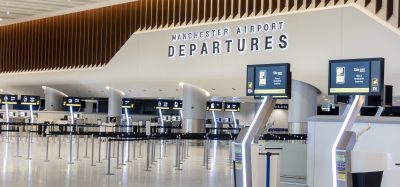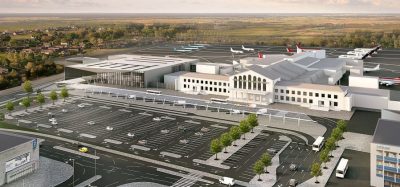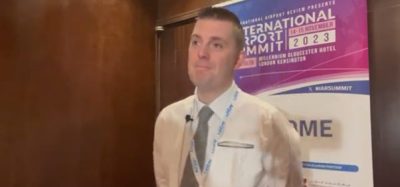Infrastructure and sustainability: Two sides of the coin for the future of aviation
- Like
- Digg
- Del
- Tumblr
- VKontakte
- Buffer
- Love This
- Odnoklassniki
- Meneame
- Blogger
- Amazon
- Yahoo Mail
- Gmail
- AOL
- Newsvine
- HackerNews
- Evernote
- MySpace
- Mail.ru
- Viadeo
- Line
- Comments
- Yummly
- SMS
- Viber
- Telegram
- Subscribe
- Skype
- Facebook Messenger
- Kakao
- LiveJournal
- Yammer
- Edgar
- Fintel
- Mix
- Instapaper
- Copy Link
Posted: 19 June 2019 | Alexandre de Juniac - IATA | No comments yet
Alexandre de Juniac, Director General and CEO of IATA, discusses how improvement and investment in two integral areas of the aviation sector is essential if the industry is to remain successful in the future.
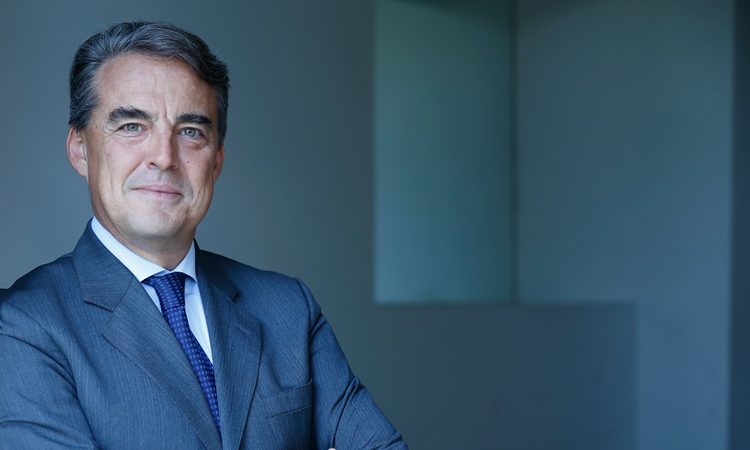

Aviation is a powerful force in our world. The extent of our current role can be summed up in three numbers: 22,000, 64 million and 4.3 billion. Firstly, 22,000 is the number of city-pairs the industry now services worldwide, connecting communities on every continent. Secondly, 64 million is the tonnage of freight which is transported around the world each year – equivalent to one third of the value of all global trade, and 4.3 billion is the number of passengers carried by airlines last year.
Aviation provides people with the ability to connect and build communities in ways that were not possible before. It underpins the success of businesses by giving them freedom to sell their goods in global markets. It is a driver of an even more inclusive globalisation that will make our world more prosperous.
By 2037, we estimate passenger numbers could be double what they are today. Serving that demand will mean overcoming a number of major challenges. Two of our biggest concerns are infrastructure and sustainability.
Demand can only be serviced by airlines if they have sufficient infrastructure capacity. Frankly, the world faces an aviation infrastructure crisis that threatens to severely curtail the benefits of the business of freedom.
Nowhere is that crisis more acute than in Europe. EUROCONTROL estimates 1.5 million flights won’t be accommodated in 2040 on present trends, and air traffic control delays doubled in 2018. Addressing infrastructure concerns will enable air connectivity to grow. But with growth, comes greater environmental responsibility. Indeed, unless we demonstrate a robust sustainability plan, we will not enjoy a license to grow.
That is why, 10 years ago, the aviation industry committed to tough collective targets for carbon emissions. We’ve exceeded our target to improve fuel efficiency by 1.5 per cent per year, and we’re on target to achieve carbon-neutral growth from 2020, thanks to the introduction of the carbon offsetting and reduction scheme for international aviation (CORSIA).
However, the big prize is to cut net emissions to half of 2005 levels by 2050. We can’t do this on our own; governments need to step up. We need governments to encourage the development of sustainable aviation fuels and improve the efficiency of air traffic management.
Aviation faces huge challenges, but infrastructure and sustainability are the two sides of the coin which we must invest in for the future air connectivity of the world. Together we must work to convince governments to help us deliver that future and overcome the challenges of growth and sustainability.
Biography
Alexandre de Juniac became the seventh person to lead IATA when he took on the role of Director General and CEO in September 2016. He has almost three decades of experience in both the private and public sectors, including senior positions in both airline and aerospace industries and the French government.
The rest of this article is restricted - login or subscribe free to access
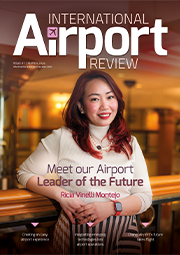

Why subscribe? Join our growing community of thousands of industry professionals and gain access to:
- bi-monthly issues in print and/or digital format
- case studies, whitepapers, webinars and industry-leading content
- breaking news and features
- our extensive online archive of thousands of articles and years of past issues
- ...And it's all free!
Click here to Subscribe today Login here
Issue
Related topics
Airport development, Passenger experience and seamless travel, Sustainable development, Terminal operations



